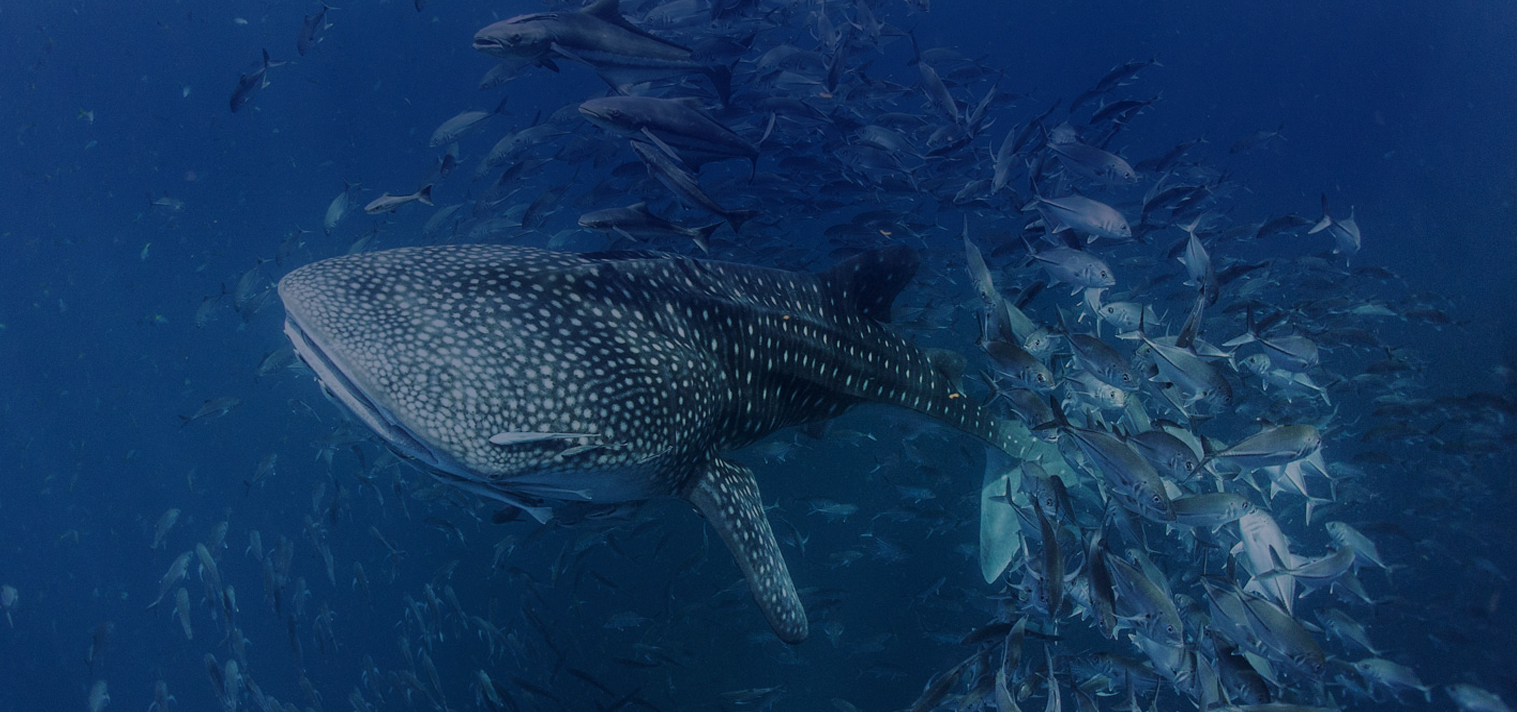The IOCARIBE ANCA Network held a regional workshop to strengthen national capacities in the use of the HAEDAT database, the global platform that records harmful algal bloom (HAB) events. The session provided a practical demonstration on how to enter, edit, and retrieve information, while highlighting the importance of improving the quality and consistency of data reported across the region.

2 décembre 2025
The IOCARIBE Regional ANCA Network hosted a virtual workshop dedicated to the practical use of the HAEDAT database, aiming to support Caribbean countries in the standardized reporting of harmful algal bloom events. The activity brought together national experts who learned about the platform’s key functions, its role within the global HAB information system, and the steps involved in submitting complete and accurate reports.
During the session, participants were guided through the essential components of HAEDAT and engaged in hands-on exercises to practice entering events, understanding mandatory fields, and reviewing data download and verification processes. The workshop also encouraged discussion on regional challenges, including the need for georeferenced information and complete environmental descriptions for each event.
The training emphasized the importance of strong inter-institutional coordination within each country to avoid duplicate entries and ensure continuity in annual reporting. Participants also reviewed recommendations to strengthen the role of national focal points and contribute to a more robust database that supports regional assessments and aligns with the upcoming relaunch of the platform.
IOCARIBE and the ANCA Network will continue working closely with Member States during 2026 to review active users, update access credentials, and support capacity development. This workshop represents an important step toward building a more prepared regional community with stronger tools for understanding and managing HAB events in the Caribbean.
By Alex Palomino
CURRENT NEWS ITEMS
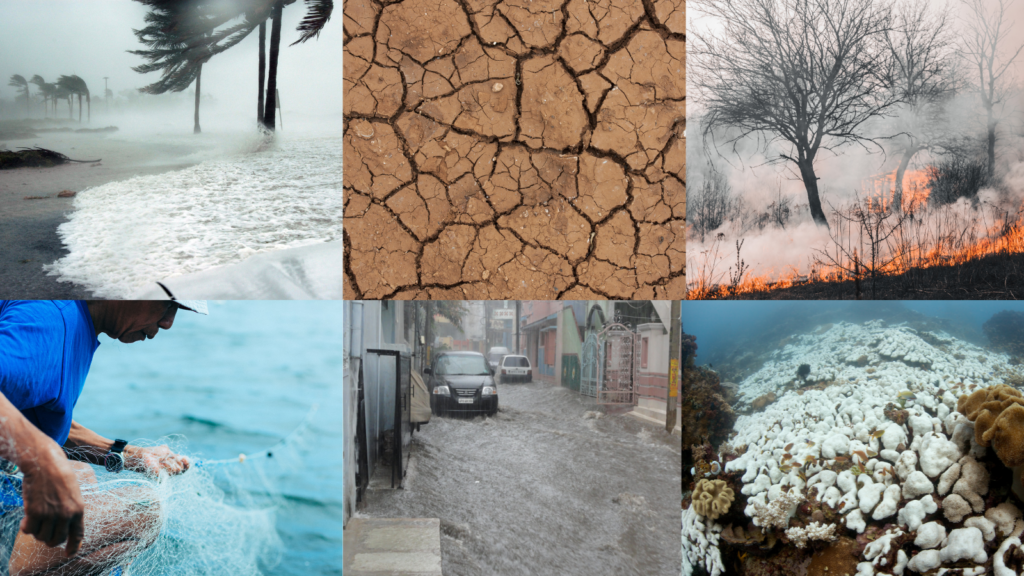
5 février 2024
Carbon dioxide removal strategies
As atmospheric carbon dioxide levels continue to rise due to human activities,…
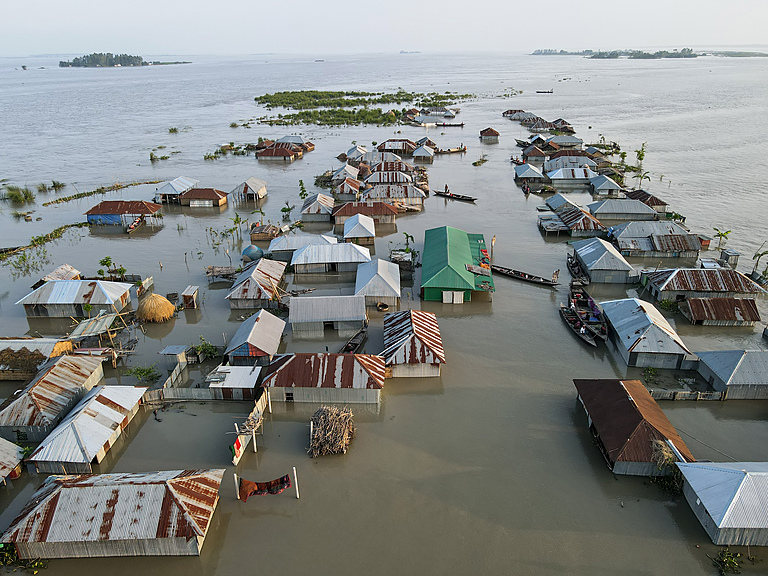
1 février 2024
In low-lying coastal regions, approximately 900 million people are now facing a 15-fold higher risk of perishing from extreme events compared to other areas. They are…
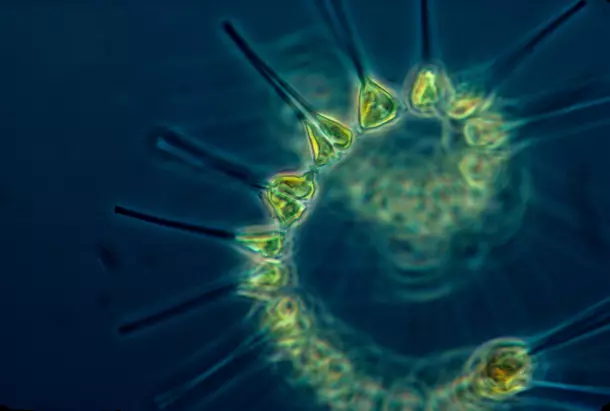
29 janvier 2024
The IOC expert group on Climate Change and Global Trends of Phytoplankton in the Oceans (TrendsPO) originally focused on the comparative analysis and…
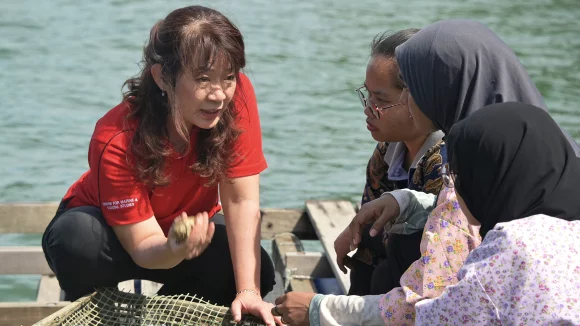
29 janvier 2024
Marine ecosystems and biodiversity provide essential benefits, including crucial resources such as food, water and medicine, as well as climate regulation and coastal…
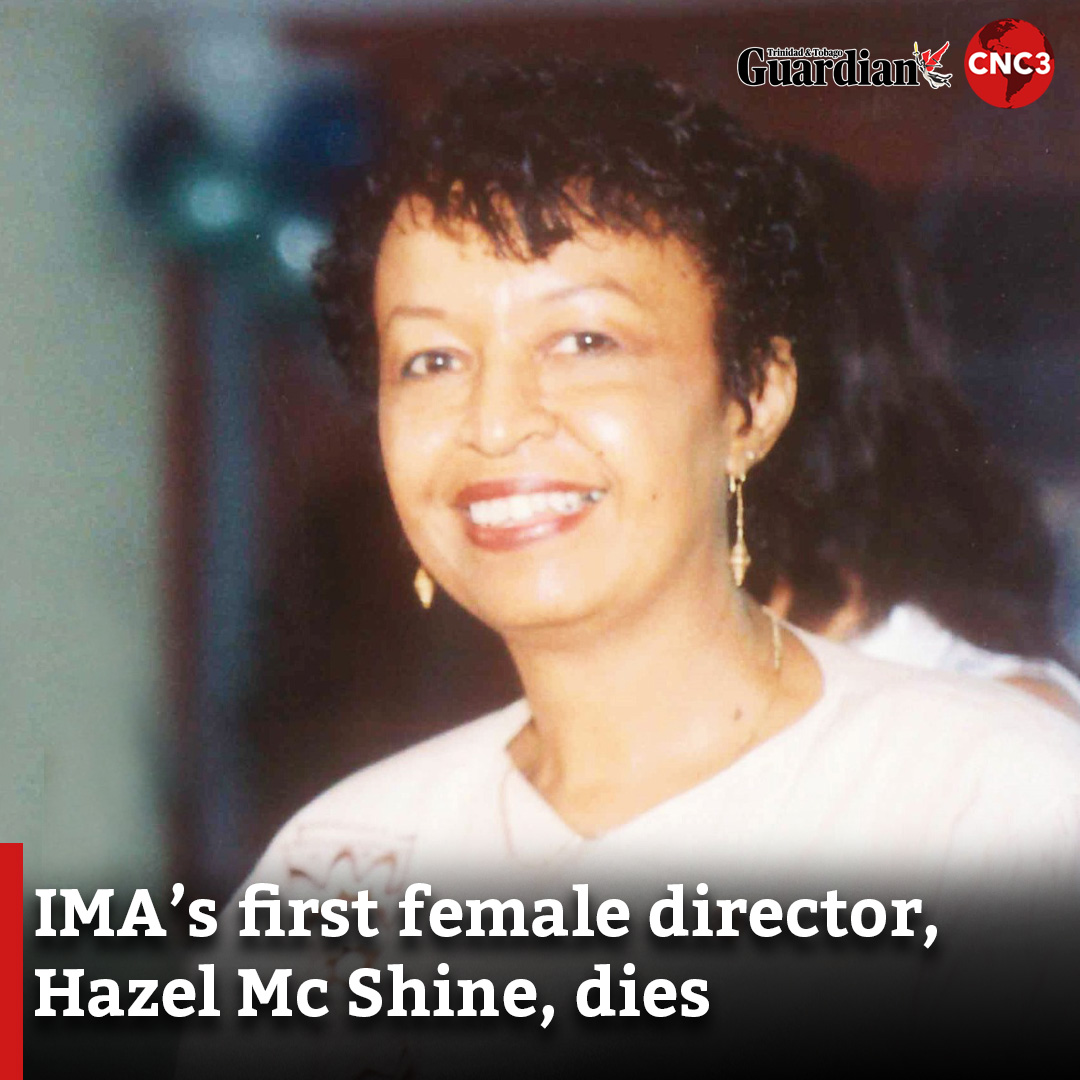
26 janvier 2024
Image source: CNC3 News Trinidad and Tobago
Ms. McShine was responsible for establishing the Technical Advisory Services (…
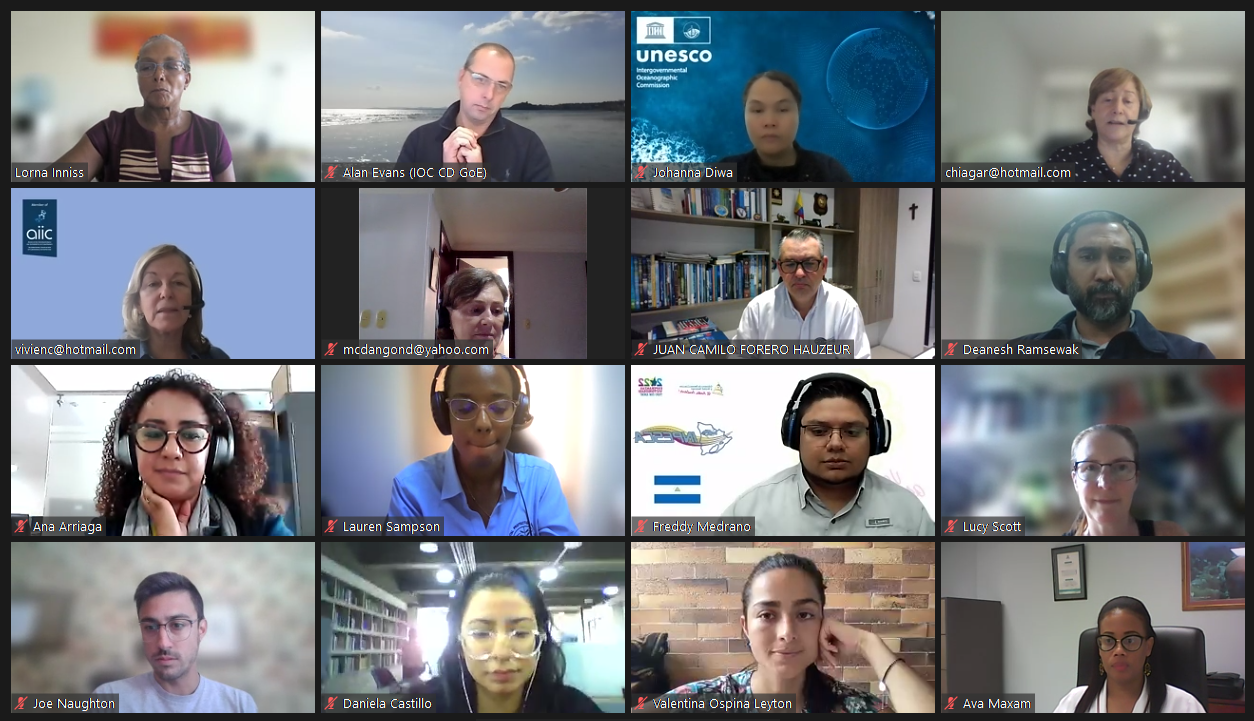
22 novembre 2023
These webinars provided an overview of the new IOC Capacity Development Strategy 2023-2030, approved by the 32nd Assembly of the IOC-UNESCO in June 2023. They also…
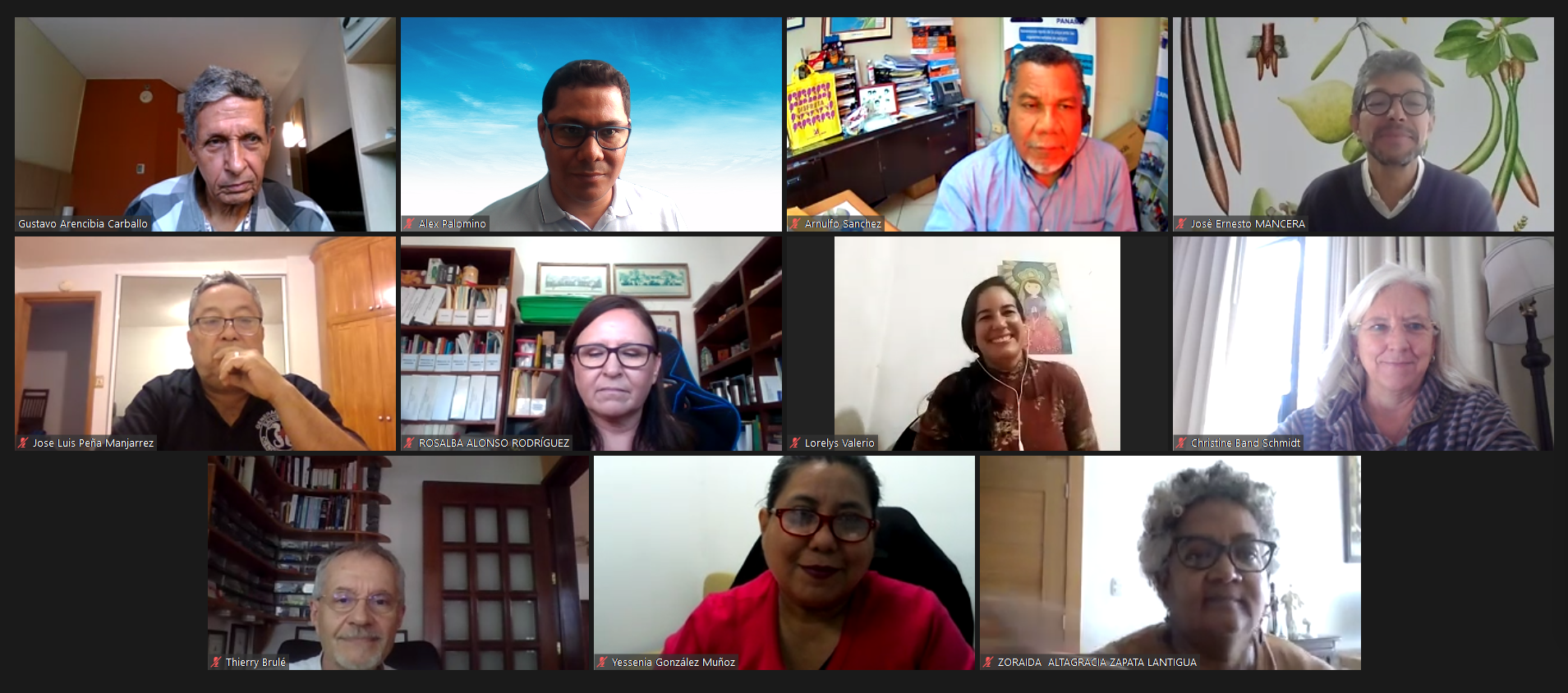
20 novembre 2023
Experts from the region and IOCARIBE-UNESCO focal points from Colombia, Costa Rica, Cuba, El Salvador, Guatemala, Martinique, Mexico, Panama, and Venezuela, presented the most significant…
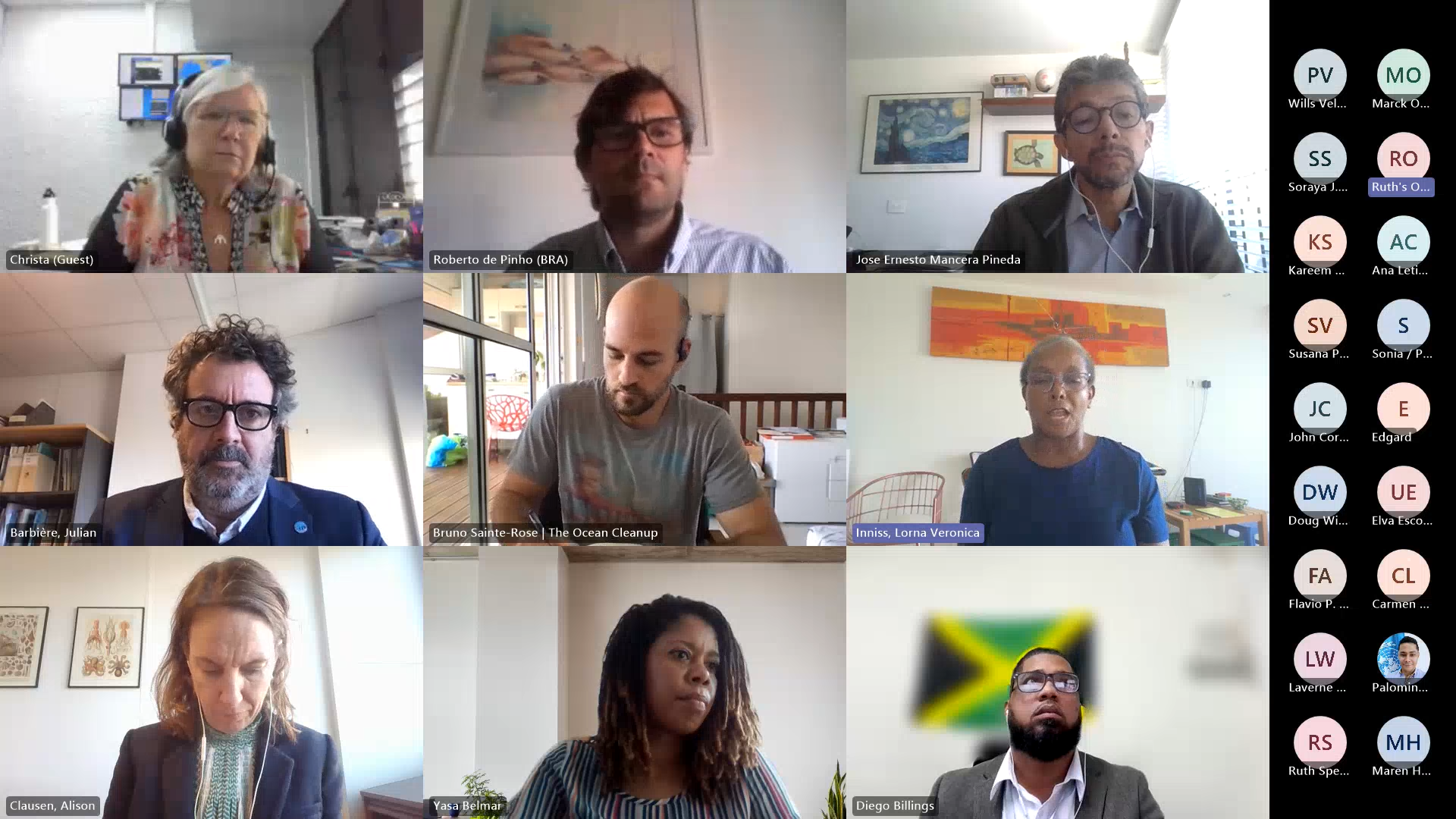
17 novembre 2023
In line with these political decisions, the first meeting of the newly established TAC Ocean Decade Task Force took place on Friday, November 17, 2023. The meeting was…
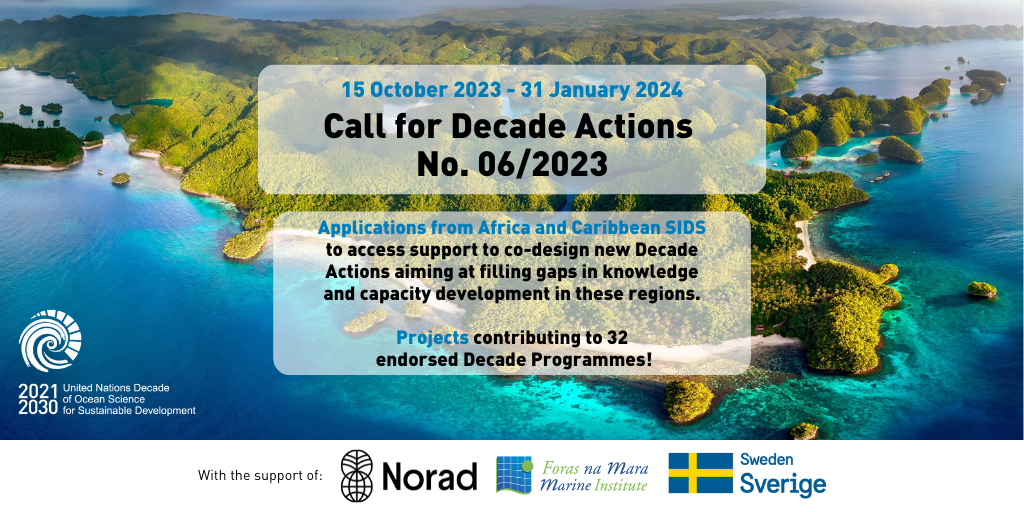
15 octobre 2023




